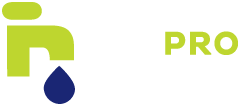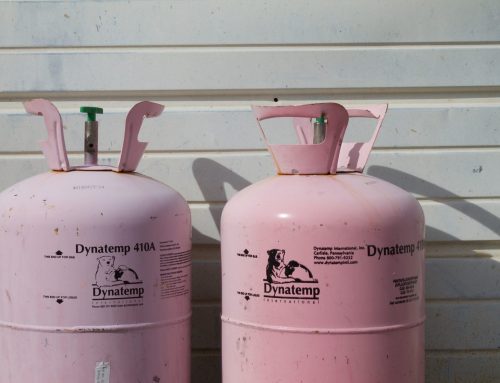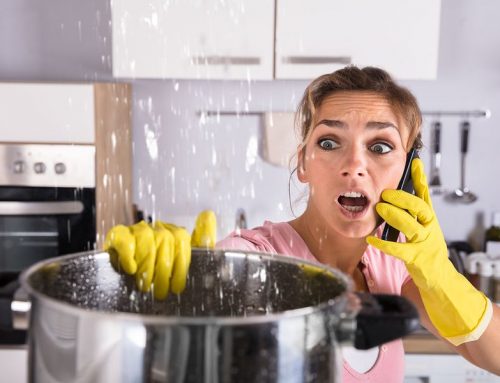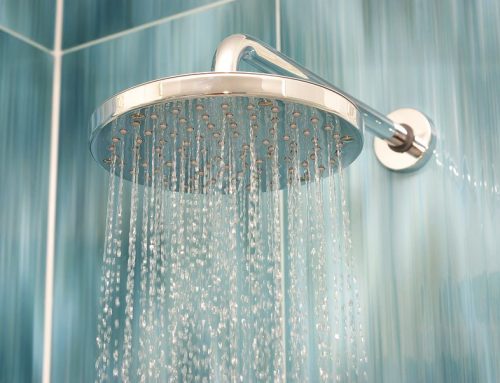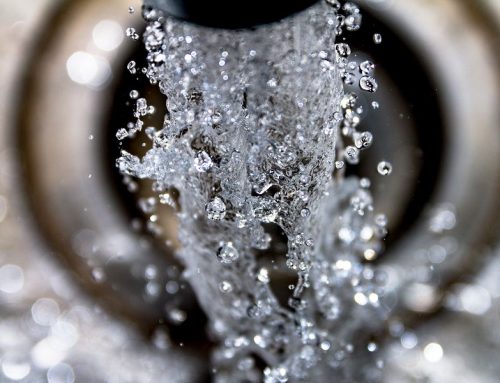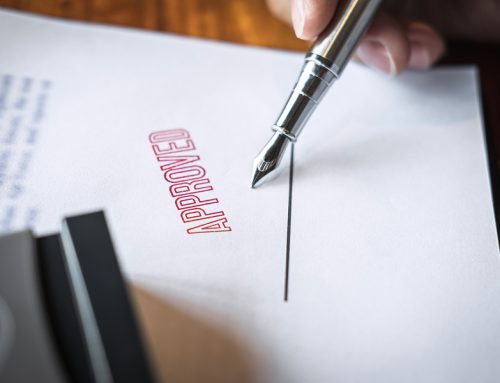Imagine, if you will, an overflowing toilet in your bathroom. You’ve just flushed the toilet, and unlike the hundreds of times before it, this time, the water continues to rise.
Higher and higher the water rises, until it reaches the very top of the bowl.
Your heart stops, but, thankfully, at the very last moment, the water slowly begins to drain.
Relief washes over you as the water level continues to fall and eventually returns to normal. Phew – you were lucky this time around. But what about the next time you flush?
There are some things that just aren’t designed to be flushed down the toilet. Most of the time, the following objects are perceived as flushable because of the similarity in look and texture to toilet paper, or because we have been misled into thinking it is flushable (we’re looking at you, “flushable” wipes.)
Cotton balls, cotton buds, paper towels
They’re just cotton, right?
Right, but they’re not designed to dissolve in water the way toilet paper does.
They main feel pretty flimsy in your hand, and you can easily rip apart a cotton ball, but they do not decompose in water. (Further, some cotton balls from certain brands are not actually made from cotton; instead, they are made up of bleached synthetic fibres.)
Over time, they’ll clump together, trapping other materials along the way, and can lead to a pretty nasty blockage.
Paper towels
Paper towels they look and feel pretty similar to toilet paper, however, they do not dissolve the same way toilet paper does. Even if you do flush it and you can no longer see it in your bowl, it’s likely to get stuck somewhere further down where you can’t see.
Next time you’re tempted to make your paper towel disappear, toss it in the bin instead.
Wet wipes
These are the absolute worst, mainly because when they first gained popularity, they were marketed as “flushable”. People loved the concept – they offered a convenient way to remove makeup, clean up messy toddlers, or even freshen up the… ahem… bathroom “experience”.
Rather than disposing of these in the bin, we now believed we had the option to flush them down the toilet, just like you would toilet paper.
It’s not your fault really – if the packet calls them flushable, you should expect to flush them without issue. However, we soon learnt that “flushable” was a term used lightly on these packs.
Removing the wet wipes is a labour-intensive process, as Sydney Water production officer Fiona Copeman says. She also highlights the environmental damage these wipes are causing: if the wipes are not manually removed in treatment plants, she explains, “they end up in our oceans”.
Before you know it, sea creatures are ingesting them, and now, the polyester material has entered the food chain.
The bottom line on those “flushable” wipes
Just because they’re labelled “flushable”, it doesn’t mean they will properly dissolve like toilet paper does. But that’s what we reasonably assume when we buy these products.
Buzzwords like “biodegradable” and “dispersible” are misleading customers, and they understandably buy these products under the assumption that they are safe to flush. In fact, some people are using them as a toilet paper replacement.
Meanwhile, plumbers and others associated with the industry are urging users to keep these wipes out of the pipes!
Not convinced of the damage wet wipes can cause? Check out these images of wet wipe clusters that have been pulled from Sydney sewers! They’re quite astounding.
Nappies
Many nappies are made from plastics that are designed to expand when they come into contact with liquid – exactly how a nappy expands when a baby has filled it!
Flushing disposable nappies is a big no-no – in the chance that it will even flush properly, it will quickly be caught in the bend and cause a horrible blockage.
Don’t flush these things down the toilet, either!
Blockages are also caused by flushing the following down the toilet:
- Kitty litter (yep, some people really do this, which can lead to not only blockages but also public infection – yuck!)
- Condoms
- Tampons
- Floss
- Band-aids
- Medication (more contamination issues!)
- Facial tissues (while they feel and look pretty much identical toilet paper, they do not dissolve the same way)
Not only are blocked toilets unpleasant, it can also be very inconvenient.
Call H2-Pro to unclog and unblock your toilet
A blocked (or slow-flowing) toilet might start out as a minor bother, but over time damage will worsen and it could reach its crux and you must face nasty overflow and severe blockage.
Don’t let it reach that stage – organise a plumbing inspection at your home from H2-Pro! Call Tony now or get in touch with the team here.
